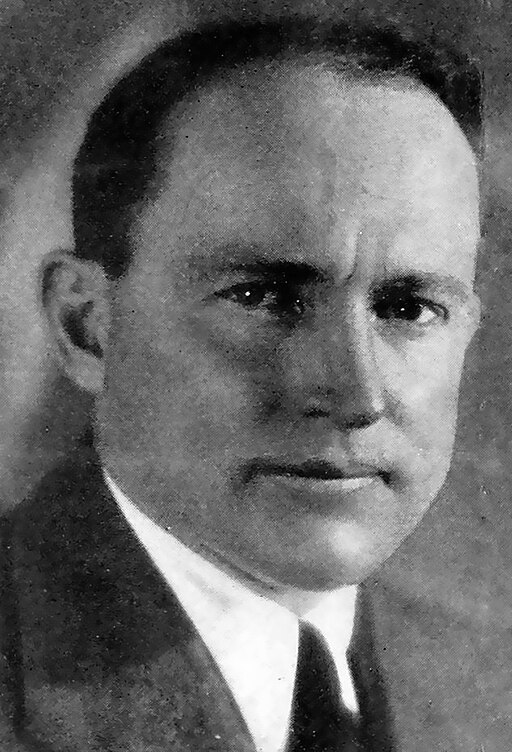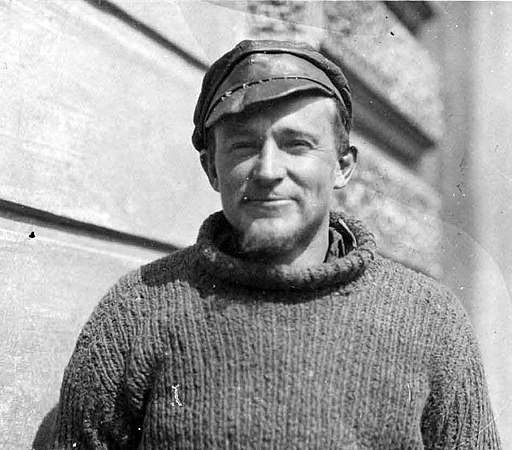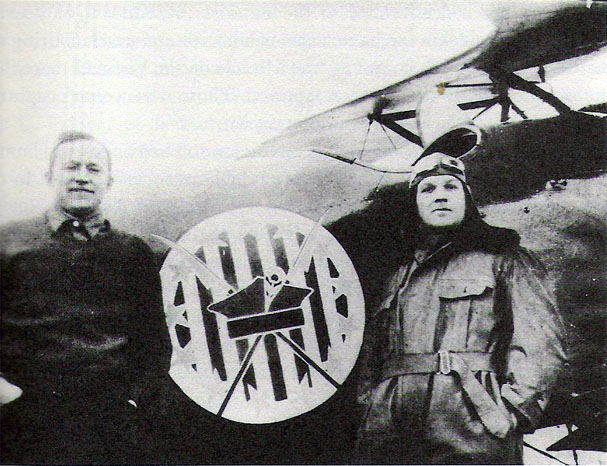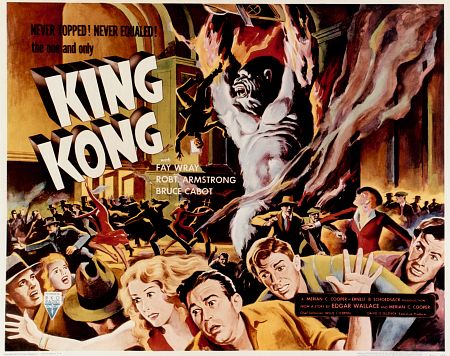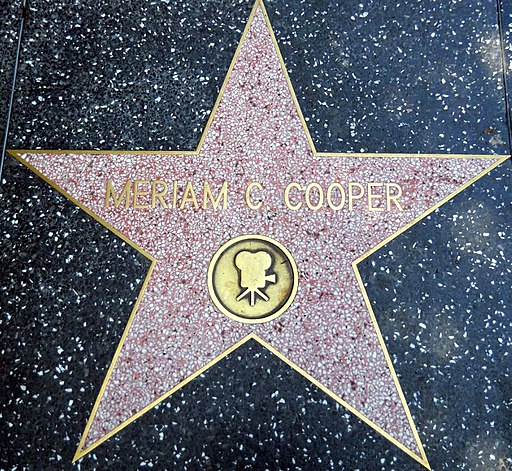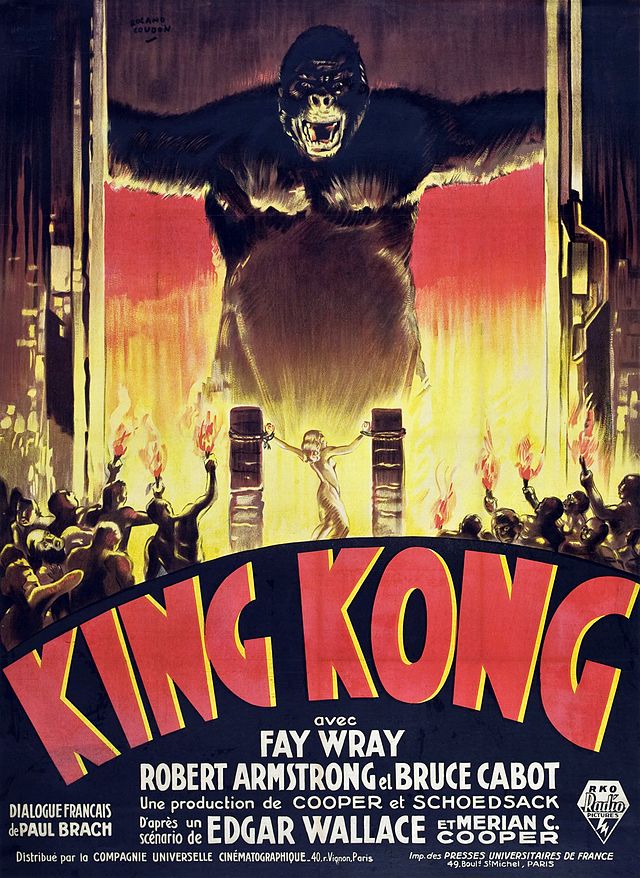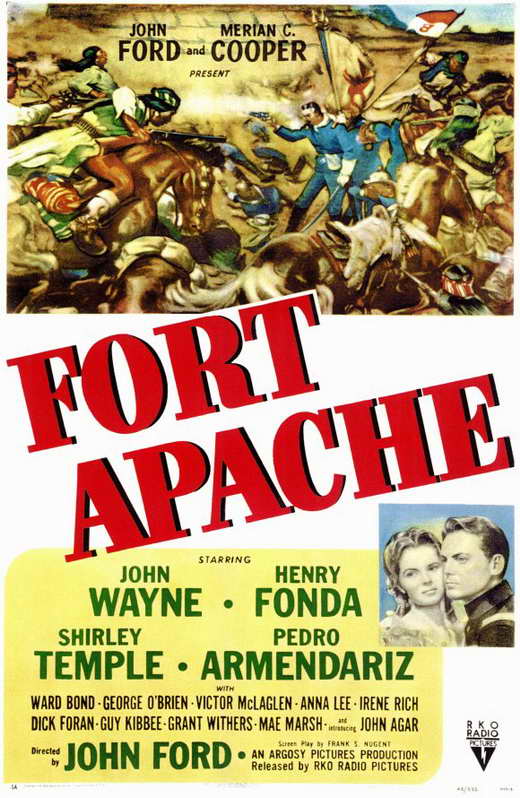Merian C. Cooper
back| Full Name | Merian Caldwell Cooper |
| Born | October 24, 1893 |
| Birthplace | Jacksonville, Florida, United States |
| Died | April 21, 1973 |
| Buried | Cooper was cremated, and his ashes were scattered at sea. |
| Married to | Cooper was married to Dorothy Jordan, an actress, from 1933 until his death in 1973. |
| Children | Merian C. Cooper Jr., Peter Cooper and Richard Cooper. |
| Notable films | King Kong (1933) - The Four Feathers (1929) - The Last Days of Pompeii (1935) |
Merian C. Cooper
The Cinematic Adventurer
Merian C. Cooper (1893–1973) was an American director, adventurer, and aviation pioneer, best known for co-directing the iconic 1933 film "King Kong."
Born in Jacksonville, Florida, Cooper's life was marked by his passion for adventure and exploration. He served as a pilot in World War I and the Polish-Soviet War, experiences that fueled his fascination with exotic and dangerous locales. Transitioning into filmmaking in the 1920s, Cooper's directorial endeavors often reflected his adventurous spirit, notably in documentaries like "Grass" and "Chang."
His most significant contribution to cinema was "King Kong," a landmark in the use of special effects and storytelling, profoundly influencing the adventure and fantasy genres.
Related
Merian C. Cooper
Biography and Analysis of his Work
Merian C. Cooper's life was a fascinating blend of adventure, military service, and cinematic innovation.
Early Life and Education
- Born: October 24, 1893, in Jacksonville, Florida, United States.
- Background: Cooper came from a well-established family. His father was a lawyer, and his mother was involved in local cultural affairs.
- Education: He attended the Lawrenceville School in New Jersey and later enrolled at the United States Naval Academy, though he did not graduate from there.
Military Service
- World War I: Cooper served as a bomber pilot during the war. He was shot down and captured by the Germans, spending the remainder of the war in a POW camp.
- Interwar Period: Post-World War I, Cooper found himself involved in the Polish-Soviet War in 1920, where he again served as a pilot and was once more taken prisoner.
- World War II: During the Second World War, Cooper re-enlisted and served in the China-Burma-India theater, contributing significantly to the war effort.
Career in Exploration and Journalism
- Before fully venturing into filmmaking, Cooper was an explorer and adventurer. He embarked on several expeditions, including one to Ethiopia.
- He also worked as a journalist and screenwriter, channeling his experiences into his writing and film work.
Filmmaking Career
- Early Career: Cooper began his film career in the 1920s, working on documentaries that showcased his love for adventure and exotic locales.
- Breakthrough: His most famous work came with the creation of "King Kong" in 1933, a film that revolutionized special effects and storytelling in cinema.
- Later Works: He continued to produce and direct films, including "The Last Days of Pompeii" (1935), "She" (1935), and was involved in the production of "The Searchers" (1956), a classic Western directed by John Ford.
- Innovation: Cooper was known for his innovative approach to filmmaking, particularly in the use of special effects and storytelling techniques.
Personal Life
- Marriage: Cooper married Dorothy Jordan, an actress, in 1933. The couple remained together until his death.
- Children: They had three children: Merian C. Cooper Jr., Peter Cooper, and Richard Cooper.
- Hobbies and Interests: Cooper's life was characterized by a love for adventure, which was not only evident in his films but also in his personal hobbies and interests.
Death and Legacy
- Died: April 21, 1973.
- Legacy: Cooper's work, especially "King Kong," left a lasting impact on the film industry. His adventurous spirit and innovative techniques have inspired generations of filmmakers and adventurers alike.
- Burial: After his death, Cooper was cremated, and his ashes were scattered at sea.
Merian C. Cooper's life story reads like an adventure novel, filled with daring exploits, groundbreaking cinematic achievements, and a profound impact on the world of filmmaking. His legacy continues to influence the industry and inspire those who seek to blend adventure with art.
Video Biography Merian C. Cooper:
Movies directed by Merian C. Cooper:
"Grass: A Nation's Battle for Life" (1925):
Synopsis: This silent documentary, co-directed with Ernest B. Schoedsack, follows the Bakhtiari tribe of Persia as they embark on their epic seasonal migration across treacherous natural obstacles. It's notable for its authentic portrayal of the tribe's struggles and resilience.
"Chang: A Drama of the Wilderness" (1927):
Synopsis: Also co-directed with Schoedsack, this silent film blends documentary with fiction, set in the jungles of northern Siam (now Thailand). It tells the story of a rural family's life and their interactions with the wildlife, including battles with leopards and elephants.
"The Four Feathers" (1929):
Synopsis: Cooper was an uncredited co-director for this adventure film set in the British Empire. It's an early adaptation of A.E.W. Mason's novel, telling the story of a young man accused of cowardice and his extraordinary efforts to redeem himself.
"The Most Dangerous Game" (1932):
Synopsis: Cooper was a co-director on this film, a pre-Code adaptation of Richard Connell's short story. It's a thrilling tale of a shipwrecked man who finds himself trapped on an island where he's hunted by a Russian aristocrat as part of a deadly game.
"King Kong" (1933):
Synopsis: As a co-director, Cooper brought this iconic film to life. It tells the story of an ambitious filmmaker who discovers a giant ape on a remote island and brings it back to New York City. The film is famous for its groundbreaking special effects and the tragic narrative of Kong.
"Son of Kong" (1933):
Synopsis: This sequel to "King Kong," which Cooper also co-directed, follows the original film's character Carl Denham as he returns to Skull Island and discovers a kinder, gentler giant ape, the titular Son of Kong.
The Last Days of Pompeii" (1935):
Synopsis: Cooper was an executive producer and played a significant role in directing this film, which is an adaptation of the novel by Edward Bulwer-Lytton. It's a drama set in the final days before the catastrophic eruption of Mount Vesuvius.
Shift towards Production after 1935:
After 1935, Merian C. Cooper's role in the film industry shifted more towards production rather than directing. He is best known for his work up to and including the early 1930s, particularly as the co-director of "King Kong" in 1933. Post-1935, Cooper focused more on producing films and played a significant role in the development and management of RKO Pictures, one of the major Hollywood studios at the time.
Some of the notable films he was involved with as a producer after 1935 include:
- "Fort Apache" (1948): A classic Western directed by John Ford, starring John Wayne and Henry Fonda.
- "3 Godfathers" (1948): Another collaboration with John Ford and John Wayne, this film is a Western about three outlaws who promise a dying woman they will save her newborn child.
- "Mighty Joe Young" (1949): A film similar in theme to "King Kong," involving a giant ape, which won an Academy Award for its special effects.
- "The Quiet Man" (1952): Again teaming up with John Ford and John Wayne, this romantic comedy-drama is set in Ireland and won two Oscars, including Best Director for Ford.
Analysis of Merian C. Cooper’s Direction Style:
Merian C. Cooper's directorial style was pioneering and significantly influenced the adventure and fantasy genres in cinema. His works, particularly "King Kong," are testament to his innovative approach. Here’s an analysis of key aspects of his directorial style:
Emphasis on Adventure and Exotic Locales
- Global Settings: Cooper's films often featured exotic locations, which he brought to the screen with a sense of realism and grandeur. His background in exploration and love for adventure were evident in his choice of settings.
- Authenticity: In films like "Grass" and "Chang," Cooper displayed a commitment to authenticity, capturing the lives of people in remote cultures with a documentary-like approach.
Innovative Use of Special Effects
- Pioneering Techniques: Cooper was a trailblazer in the use of special effects, particularly stop-motion animation. "King Kong" is a prime example, where he used groundbreaking techniques to create a sense of realism in the giant ape character.
- Blending Reality and Fantasy: His ability to seamlessly integrate special effects with live-action footage was revolutionary, creating a believable world where fantasy creatures coexisted with humans.
Storytelling and Thematic Elements
- Narrative Structure: Cooper's films often had straightforward narratives, focusing on adventure and exploration. However, they also touched on deeper themes like human ambition, exploitation, and the clash between civilization and nature.
- Character Development: He had a knack for creating compelling characters, often placing ordinary individuals in extraordinary circumstances, forcing them to confront both external dangers and internal conflicts.
Collaboration and Influence
- Working with Ernest B. Schoedsack: Cooper frequently collaborated with Schoedsack, and their partnership was crucial in shaping the films' direction. This collaboration allowed for a blend of Cooper’s adventurous spirit with Schoedsack’s technical expertise.
- Influence on Future Filmmakers: Cooper's style and innovations in special effects laid the groundwork for future generations of filmmakers, particularly in genres involving large-scale fantasy elements and creature features.
Visual and Cinematic Techniques
- Cinematography: Cooper's use of cinematography was ahead of its time, employing creative camera angles and movements to enhance the storytelling, particularly in action sequences.
- Editing and Pacing: His films were well-paced, maintaining a balance between character development and action sequences, ensuring that the narrative moved forward compellingly and coherently.
Awards and Nominations:
Academy Awards
- Cooper did not receive any nominations or wins at the Oscars during his lifetime. However, it's important to note that the Oscars in the 1930s didn't have the same categories that recognize technical and special effects achievements as they do today.
Honorary Awards
- Special Awards: While not an official Oscar, Cooper's work, particularly on "King Kong," has been retrospectively recognized as pioneering in the field of special effects and has been cited as an inspiration by many in the industry.
Posthumous Recognition
- Hall of Fame Inductions: Cooper has been inducted into various halls of fame posthumously, honoring his contributions to the film industry.
- Retrospective Tributes: Film festivals and historical societies often hold retrospective tributes to Cooper's work, acknowledging his impact on the adventure and fantasy genres.
Other Recognitions
- Influence on Filmmaking: Cooper's influence is widely recognized in the film community, particularly in genres involving special effects and adventure. Directors like Peter Jackson, who remade "King Kong" in 2005, have cited Cooper as a major influence.
- Documentaries and Books: Several documentaries and books about the history of cinema, especially those focusing on the evolution of special effects and adventure filmmaking, feature Cooper's work prominently.
Conclusion
While Merian C. Cooper's direct list of awards and nominations may be limited, his influence and legacy in the film industry are substantial. His pioneering work, especially in the field of special effects and his storytelling style, have left an indelible mark on cinema. "King Kong" remains a landmark film and is often cited as one of the greatest films in the adventure and fantasy genres.

